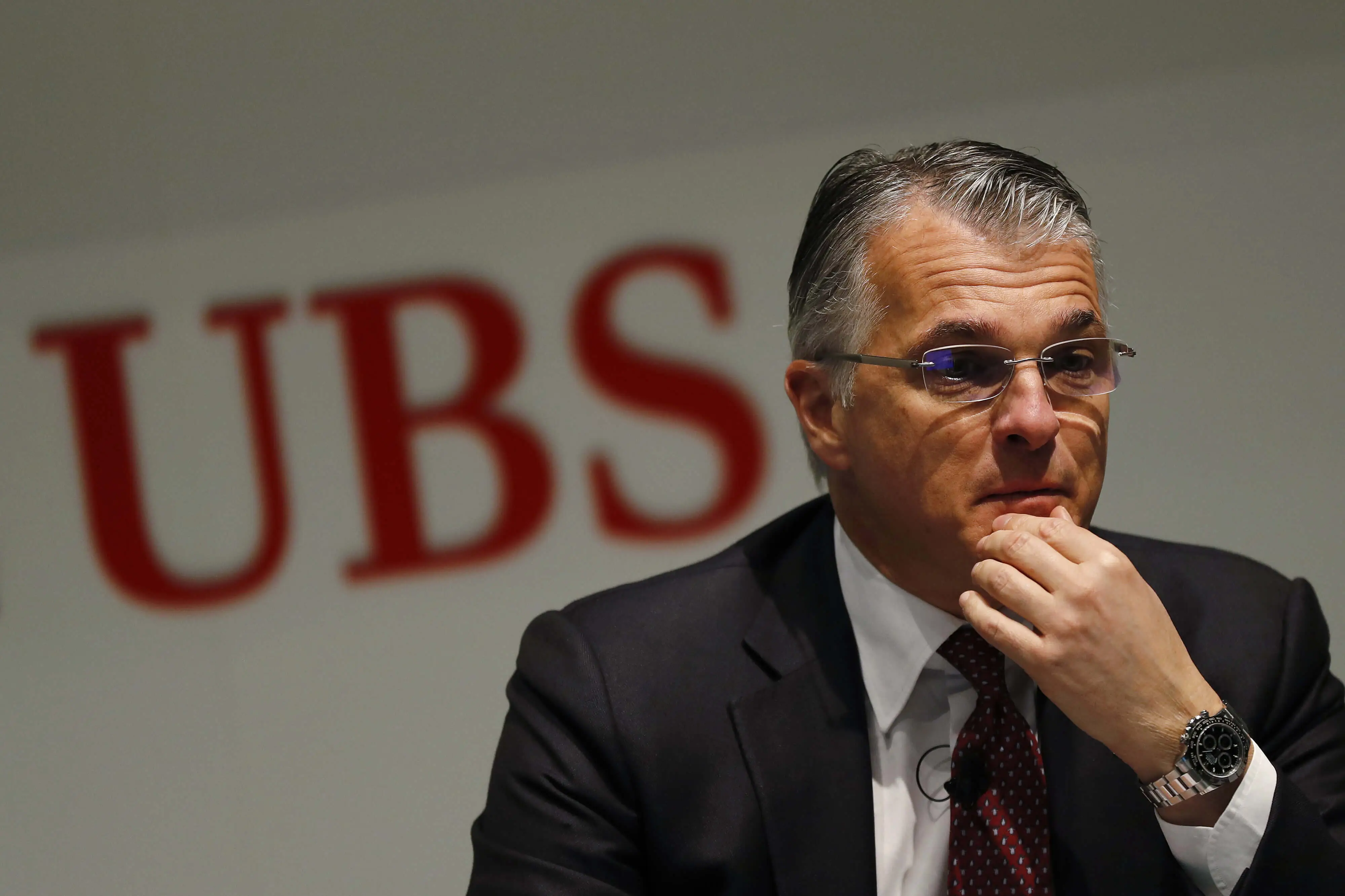In the on-going World Economic Forum, there are many insights available for the Global Economy. And as far as the market liquidity is concerned, negating the market assumptions the chief executive of Swiss bank UBS said market activity could freeze up quicker than expected.
Last month, the Dow and S&P 500 equity indices were their worst December performance since 1931, the era of the Great Depression. It was also the most significant loss on a monthly basis since February 2009.
With growing concerns about an economic slowdown and fears the Federal Reserve might be tightening conditions to a point where liquidity in markets could dry up stocks have started to degrade. Liquidity for the investors is the ability to sell an asset quickly and at a price close to where it last traded.
Speaking on Thursday, on a CNBC-moderated panel at the World Economic Forum in Davos, UBS chief executive officer, Sergio Ermotti, said a convergence of macro and political fears as well as a growing understanding that the financial system may not let investors move capital as quickly as before had led the December stock sell-off.
“The implied assumption that we hear about liquidity being there, being able to step in and function the leveling out tensions, is the wrong assumption, ” he said before adding “liquidity can freeze very easily, like the water in Davos. ”
He also said among its US investor base at the end of the fourth quarter in 2018, and the cash asset allocation was at an all-time high of 24 percent as much investors pulled back from the market.
“This is not liquidity that is there for reinvestment. This is there because people fear that things will go wrong,” he warned.
Ermotti said most of the world’s more prominent investors are now managing money for others and, unlike banks, they might not want to or able to trade an asset just to ensure markets run smoothly.
The CNBC moderated panel also included Mary Callahan Erdoes, J.P. Morgan’s asset & wealth management chief executive. Mary who also happens to sit on the Federal Reserve Bank of New York’s Investor Advisory Committee said a lack of liquidity is “what we all worry about.”
Callahan Erdoes told at the WEF that an additional $11 trillion worth of assets had been pumped into the financial system since 2008 which led to the strange pricing levels in the market. For instance, the U.S. banker noted the situation in 2017 when 85 percent of the Italian high yield market was traded below the yield of U.S. Treasuries.
In a normal condition, the yield on U.S. Treasuries should be lower than Italian high yield as it is taken as a safer investment than the other.
But, as per the J.P. Morgan executive, the market anomalies noted will be solved as the capital will be redeployed, but he did not fail to warn that people could find danger amid a lack of market makers and a shortage in liquidity.
The rule followed by the Fed Reserve, the Volcker rule is post-crisis regulation to curb banks making big bets with their own money. It has been criticized heavily by banks as it aims to reduce market liquidity. But as per experts, it is a necessary piece of regulation to ensure that financial institutions cannot repeat the financial meltdown of 2008.
Callahan Erdoes said as the role of the banks and investment dealers as investor and market makers is diminishing, that place might be taken by the shadow banking system like private equity and hedge funds, to lubricate the wheels of the global market.
She said, “They have a lot of capital that could be deployed, but they are not going to go in to make markets in the way banks used to. They are going in as a fiduciary, to make money for their investors, and those are the dynamics that everyone is struggling with. ”
